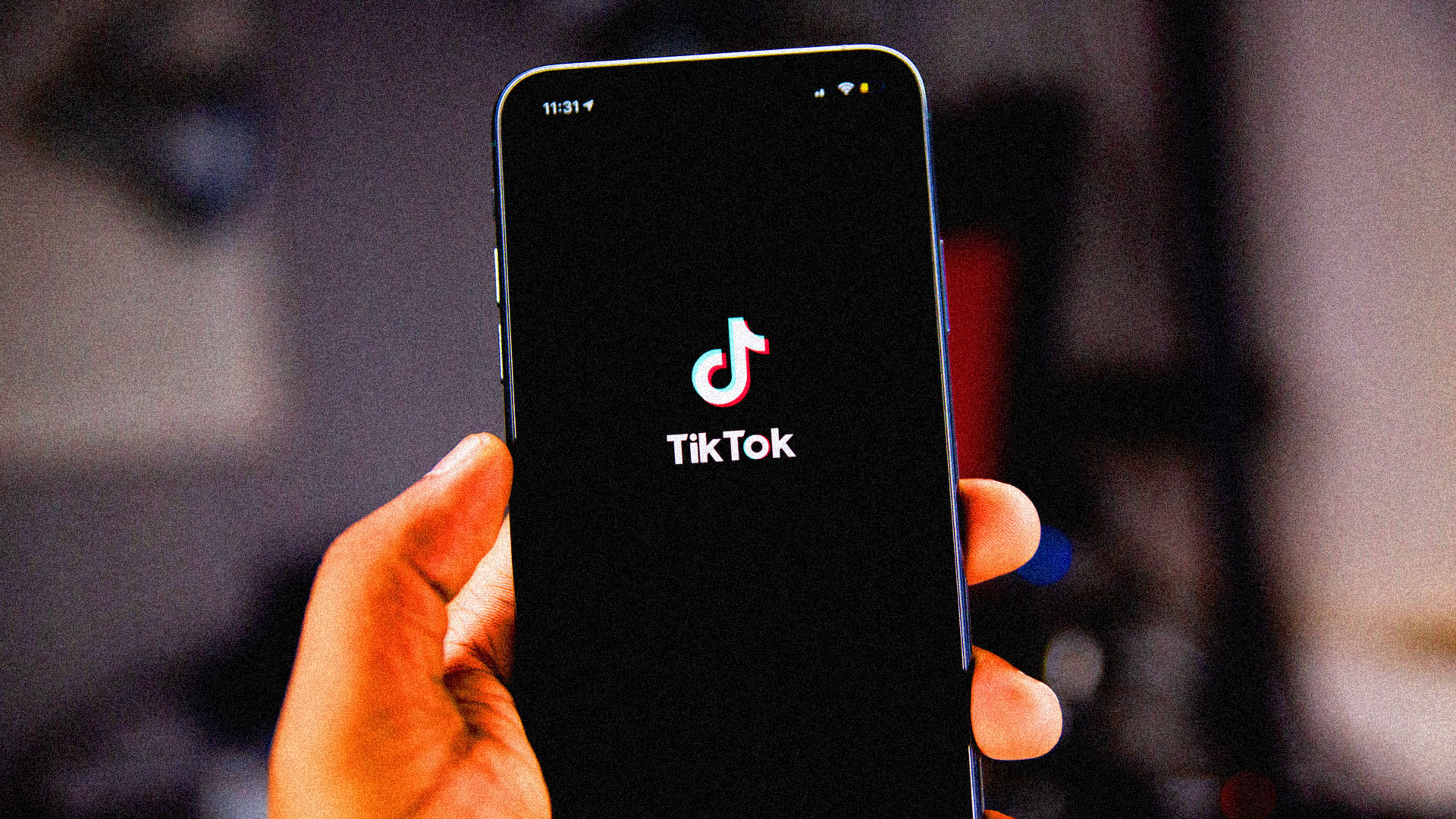Donald Trump famously tried to ban TikTok with an executive order in 2020, only to be blocked by federal courts. The question now is: Can the Biden administration succeed where Trump failed?
As first reported by The Wall Street Journal this week, a federal task force has demanded that TikTok’s Chinese owners sell their stakes in the app, or face a national ban. It’s a clear sign that TikTok’s yearslong effort to placate the White House over its data security practices hasn’t worked.
But experts say President Joe Biden might need new legal mechanisms to actually ban TikTok without running into the same problems that doomed his predecessor’s attempt.
Here are some ways Biden could try and scrap the app, and how they could play out:
Use foreign investment oversight
The Committee of Foreign Investment in the United States (CFIUS) has been leading the federal government’s review of the app. A branch of the Treasury Department with the authority to demand companies cancel deals deemed to be national security risks, CFIUS forced a Chinese firm to sell LGBTQ dating app Grindr in 2020.
Since Biden took office, TikTok has been trying to appease CFIUS by proposing a data security arrangement that it calls “Project Texas,” in which it would move user data to U.S.-based centers overseen by Oracle.
But CFIUS clearly hasn’t been convinced. And while this wouldn’t be the first time it’s demanded a company sell an app, it’s never banned a social media app before, which could lead to legal challenges over the limits of its authority.
Use traditional sanctions powers
When Trump ordered a ban of TikTok in 2020, he invoked his powers under the International Emergency Economic Powers Act (IEEPA), a federal law passed in 1977 that grants the president broad authority to impose foreign sanctions.
But TikTok sued and won an injunction against the ban by arguing that the White House violated IEEPA’s so-called Berman Amendment, which prevents the president from using the sanctions law to stop the exchange of “informational materials” or “personal communication” with other countries, even those that are considered hostile.
A motivation for the amendment, which was passed in 1988 and named for then-congressman Howard Berman, was to allow for more books to be exported to Cuba, according to Doug Jacobson, a Washington, D.C.-based sanctions lawyer. But since then, Jacobson says, “agencies have interpreted the words ‘informational materials’ quite broadly” to allow exemptions for all kinds of media, including transfers of data.
In its 2020 suit against the White House, TikTok argued: “Millions of TikTok users rely on TikTok to send ‘personal communication(s)’ . . . the regulation and prohibition of such communication . . . is not permitted by IEEPA.”
Judges sided with TikTok that same year and issued injunctions against the executive orders. Rather than fight to keep them, Biden dropped the orders after taking office—an acknowledgement that this bureaucratic door has been shut.
Modify the Berman Amendment
A few weeks ago, the GOP-led House Foreign Affairs committee advanced the Deterring America’s Technological Adversaries Act, or DATA Act, which explicitly creates a carve-out from the Berman Amendment for regulating the import or export of “sensitive personal data” from China. It also requires the president to sanction anyone with ties to China’s tech surveillance machine.
The bill advanced without the support of a single Democrat on the committee—so it’s highly unlikely the White House would approve it.
The American Civil Liberties Union also sent a letter to the committee opposing the DATA Act. Jenna Leventoff, an ACLU senior policy counsel who coauthored the letter, tells Fast Company that the bill is “extremely vague and overbroad. It could pull in all sorts of companies that are subject to the influence of China, so you could see that piece of legislation impacting a lot outside of just TikTok.”
Jacobson, the sanctions lawyer, says the bill’s undermining of the Berman Amendment was also worrying: “You don’t want to be whittling away at that, because then what’s next?”
Create new powers
The White House has given its blessing to another bill introduced in the Senate last week: the Restricting the Emergence of Security Threats that Risk Information and Communications Technology Act, or the RESTRICT Act. Instead of modifying the Berman Amendment, this bill would give the president new powers to crack down on problematic foreign technology through the Commerce Department.
What powers exactly? The bill doesn’t say.
“It’s very broad,” Jacobson says. “Even if this passes, the Commerce Department would have to implement regulations to implement this—a year-plus-long process. So I wouldn’t be so worried that TikTok is going away soon.”
Are there other options?
While Biden’s White House is sending an aggressive message to TikTok, it’s not clear that it’s ready to stomach actually banning the beloved social media app.
“From a political perspective, I think that they are going to be reluctant to ban TikTok,” Jacobson says. “That would be quite the act, to alienate millions and millions of young users of an app that at first glance doesn’t have any national security concerns.”
Leventoff believes TikTok itself doesn’t in fact pose a unique threat. “Other U.S. companies collect the same information, and China could still access that information, albeit in a different way, like through a data broker, or by breaching security protocols,” she says.
The real solution, Leventoff argues, is to limit data collection to begin with. “I think a really well-crafted data privacy law is going to do more to help than banning TikTok.”
Recognize your brand’s excellence by applying to this year’s Brands That Matter Awards before the early-rate deadline, May 3.
